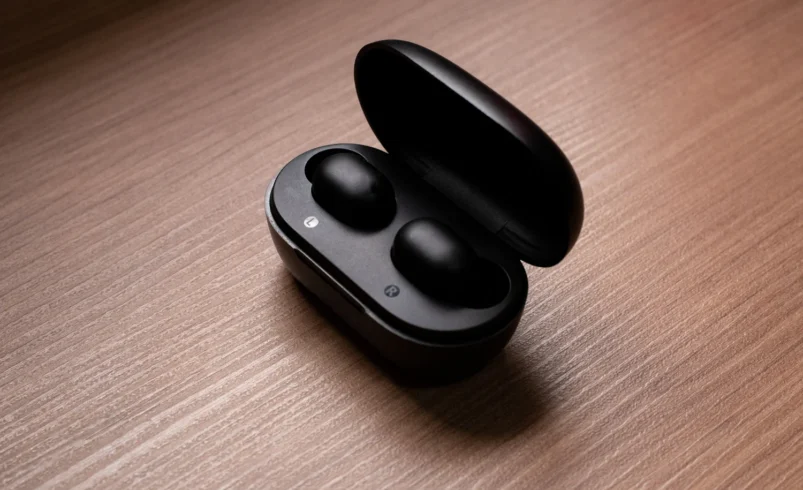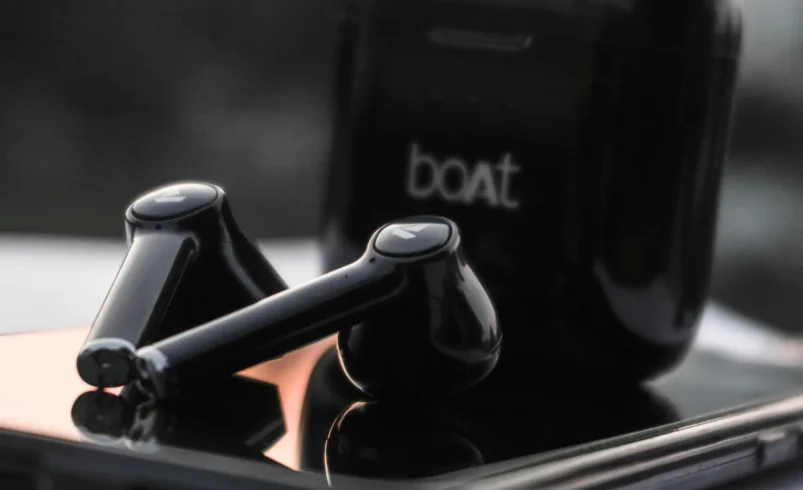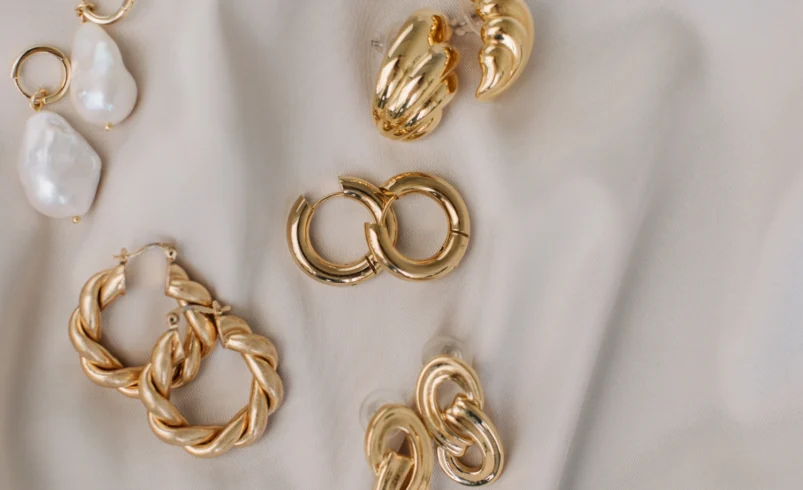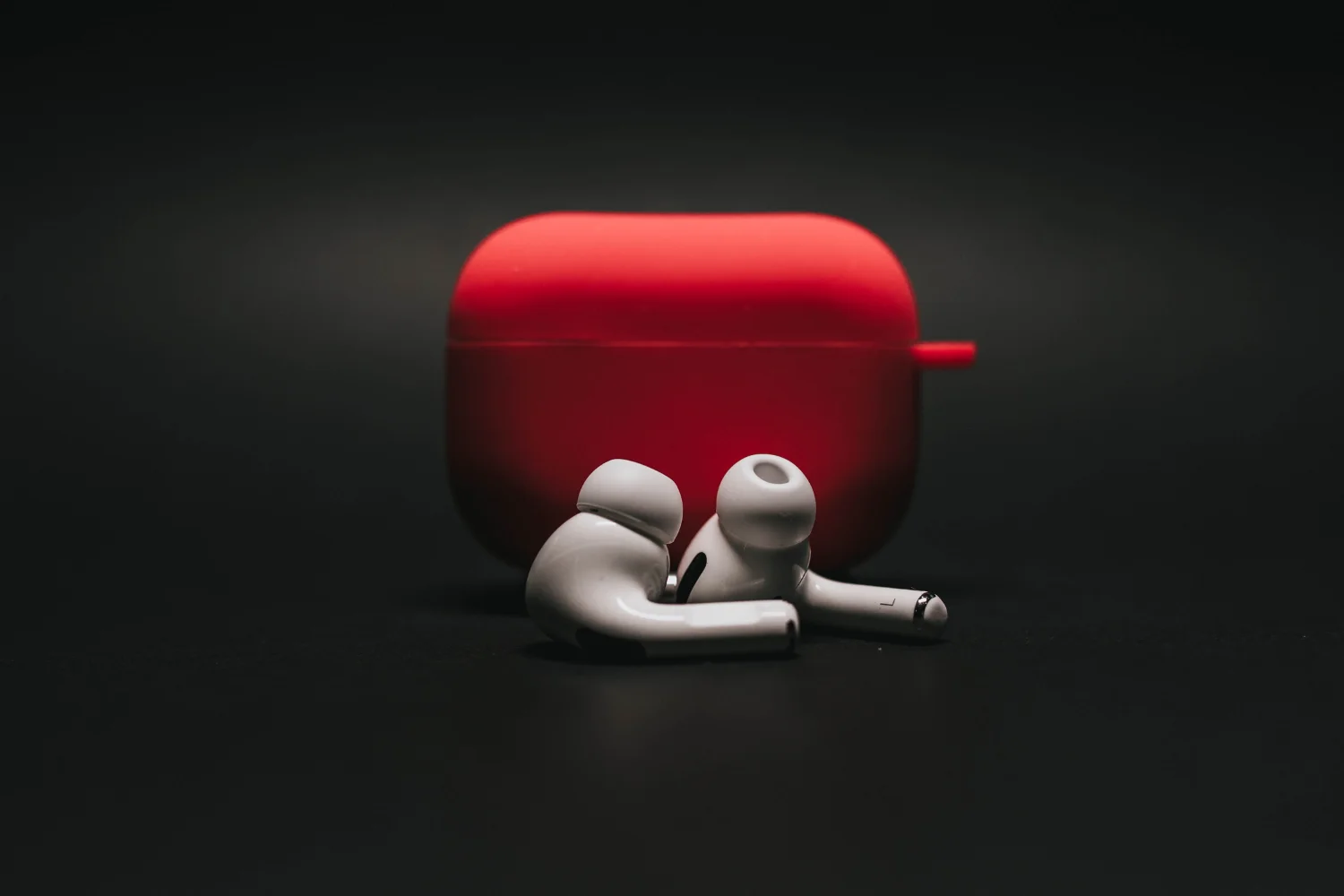Experiencing ringing in ear with ear plugs can be frustrating and concerning. Whether you’re dealing with tinnitus, pressure sensitivity, or ear discomfort from traditional earplugs, finding the right hearing protection that doesn’t worsen your symptoms is crucial for your comfort and auditory health.
This comprehensive guide explores why some people experience ear ringing with earplugs, the best earplug alternatives for sensitive ears, and how to choose products that provide protection without triggering uncomfortable symptoms.
Understanding Ear Ringing and Earplug Connection
What Causes Ringing in Ears When Using Earplugs?
Ringing in ears with earplugs typically occurs due to several factors:
Pressure Changes: Traditional foam earplugs create a complete seal, causing pressure imbalances that can trigger tinnitus or worsen existing ear ringing symptoms.
Occlusion Effect: When ears are completely blocked, your own bodily sounds (heartbeat, breathing, jaw movement) become amplified, creating internal noise that can manifest as ringing or buzzing.
Improper Fit: Ill-fitting earplugs can create uneven pressure distribution, leading to discomfort and auditory disturbances.
Existing Tinnitus: People with pre-existing tinnitus often find that complete silence makes their ear ringing more noticeable and bothersome.
The Science Behind Earplug-Induced Ear Ringing
When you insert traditional earplugs, you’re essentially creating a closed acoustic environment. This can cause your ears to “search” for sound, potentially amplifying internal noise or triggering phantom sounds. The phenomenon is particularly common among individuals with sensitive hearing or pre-existing auditory conditions.
Best Earplugs for People with Ringing Ears in 2025
Loop Experience Pro: Filtered Protection
The Loop Experience Pro uses acoustic filters instead of complete blockage, making them ideal for people who experience ear ringing with traditional earplugs. These earplugs reduce volume by 18dB while maintaining sound clarity, preventing the complete silence that often triggers tinnitus symptoms.
Key Benefits:
- Preserves natural sound quality
- Reduces pressure build-up
- Comfortable for extended wear
- Stylish, discrete design
Best for: Concert-goers, musicians, and anyone with mild tinnitus
Etymotic ER20XS: Precision Filtering
The Etymotic ER20XS earplugs feature precision-tuned filters that provide even sound reduction across frequencies. This prevents the muffled feeling that can contribute to ear discomfort and ringing sensations.
Key Benefits:
- Uniform sound reduction
- Minimal occlusion effect
- Reusable and washable
- Professional-grade acoustic performance
Best for: Musicians, audiophiles, and frequent concert attendees
Vibes Hi-Fidelity Earplugs: Clear Sound Protection
Vibes earplugs use advanced acoustic filters to lower volume without sacrificing sound clarity. They’re particularly effective for people who find that complete noise blocking triggers their tinnitus or ear sensitivity.
Key Benefits:
- Maintains conversation clarity
- Reduces background noise selectively
- Comfortable silicone construction
- Nearly invisible when worn
Best for: Social settings, restaurants, and everyday noise management
Alternative Solutions for Ear Ringing Issues
White Noise Earplugs and Sleep Solutions
For nighttime use, consider white noise generating earplugs or sleep earbuds that provide gentle masking sounds instead of complete silence. Products like the Bose Sleepbuds or QuietOn Sleep earbuds offer soothing sounds that can help mask tinnitus while protecting against disruptive noises.
Custom-Molded Earplugs
Custom earplugs made by audiologists provide perfect fit and can be designed with specific filters to address individual hearing sensitivities. While more expensive, they often solve ringing in ear with ear plugs issues that standard products cannot address.
Bone Conduction Solutions
Bone conduction headphones like those from Aftershokz allow you to listen to masking sounds or music while keeping your ears open, providing relief from tinnitus without creating the sealed environment that triggers symptoms in some users.
How to Choose the Right Ear Protection
Assess Your Specific Needs
For Tinnitus Sufferers: Choose filtered earplugs that reduce volume without creating complete silence. Look for products with even frequency reduction.
For Pressure Sensitivity: Opt for earplugs with vented designs or acoustic filters that prevent pressure build-up.
For Sleep Issues: Consider white noise generating devices or specially designed sleep earbuds rather than traditional blocking earplugs.
Consider Your Environment
Noisy Workplaces: Industrial filtered earplugs with higher NRR ratings but acoustic transparency.
Social Settings: Discrete filtered earplugs that maintain conversation ability.
Travel: Pressure-equalizing earplugs designed for flights and transportation.
Prevention and Management Tips
Proper Insertion Techniques
Learning correct earplug insertion prevents many issues that cause ear ringing with earplugs. Gentle insertion without over-compression helps maintain comfort and effectiveness.
Gradual Adaptation
If you’re new to earplugs or have sensitive ears, gradually increase wearing time to allow your auditory system to adapt without triggering ringing sensations.
Regular Cleaning and Replacement
Maintaining clean earplugs prevents ear infections and irritation that can contribute to auditory discomfort and ringing symptoms.
When to Consult a Professional
Red Flags That Require Medical Attention
Seek audiological or medical consultation if you experience:
- Persistent ringing that worsens with earplug use
- Pain or discharge from ears
- Sudden hearing changes
- Balance problems alongside ear ringing
Professional Solutions
Audiologists can provide custom solutions including:
- Professionally fitted filtered earplugs
- Tinnitus management counseling
- Hearing protection recommendations based on audiometric testing
Frequently Asked Questions
Why do my ears ring when I use foam earplugs?
Foam earplugs create complete acoustic isolation, which can trigger the occlusion effect and make internal body sounds more noticeable. The pressure they create can also contribute to ear discomfort.
Can earplugs cause permanent tinnitus?
Properly used earplugs shouldn’t cause permanent tinnitus. However, if you have underlying hearing sensitivity, certain types may temporarily worsen symptoms.
What’s the difference between filtered and blocking earplugs?
Filtered earplugs reduce volume while maintaining sound quality, whereas blocking earplugs attempt to eliminate sound completely. Filtered options are often better for people with ear sensitivity.
Are expensive earplugs worth it for tinnitus sufferers?
Higher-quality filtered earplugs often provide better comfort and acoustic performance, which can significantly help people who experience ringing with standard earplugs.
How long should I wear earplugs if I have sensitive ears?
Start with short periods (1-2 hours) and gradually increase as tolerated. Remove them if you experience increased ringing or discomfort.
Making the Right Choice for Your Ears
Ringing in ear with ear plugs doesn’t have to limit your hearing protection options. By understanding the causes and choosing appropriate filtered or specially designed earplugs, you can protect your hearing without triggering uncomfortable symptoms.
Remember that everyone’s ears are different, and what works for one person may not work for another. Consider trying different options, starting with filtered earplugs that maintain some acoustic transparency, and don’t hesitate to consult with hearing professionals for persistent issues.
Your hearing health is worth the investment in quality protection that works with your body rather than against it.









